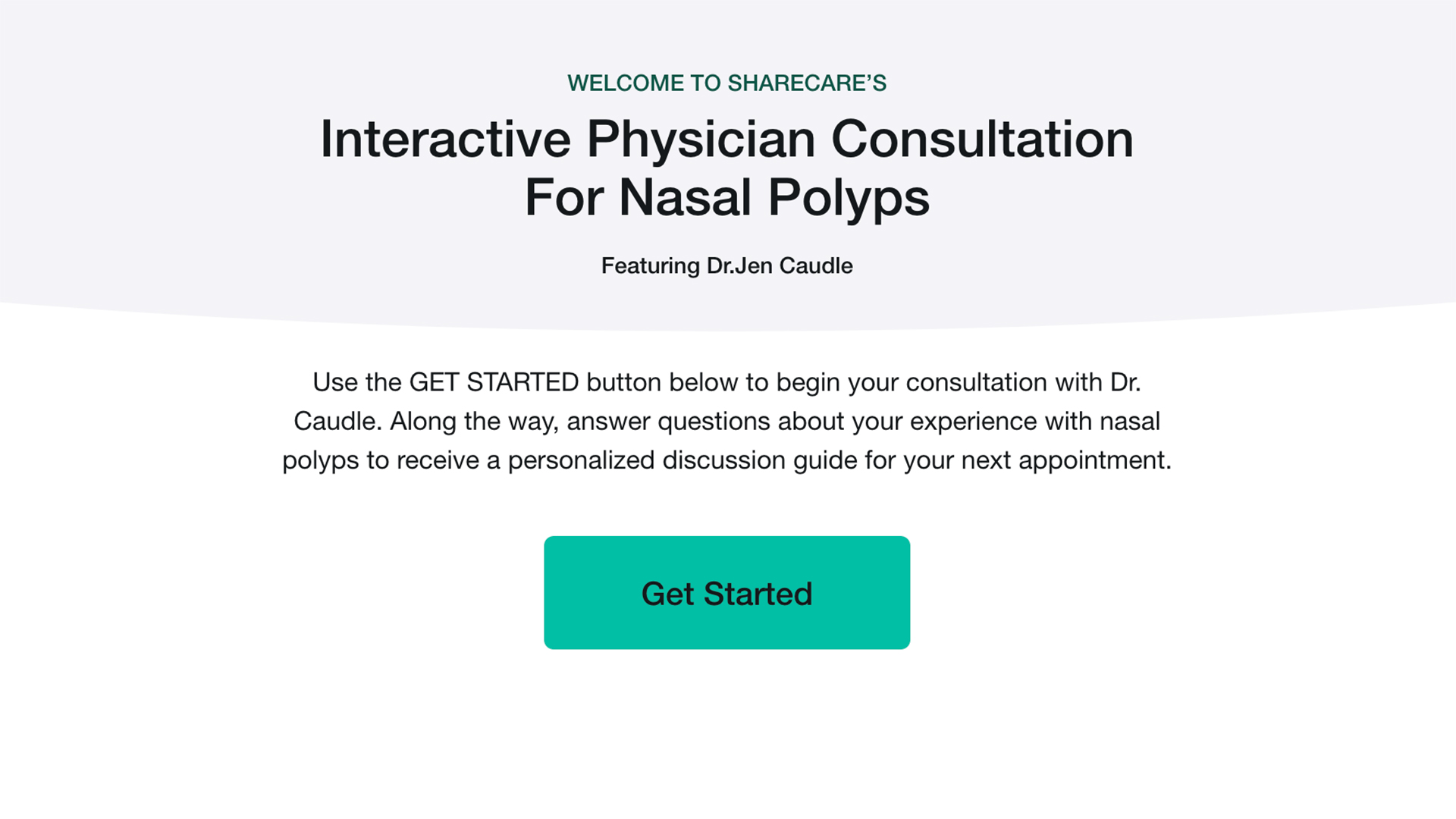Updated on December 19, 2023
Nasal polyps are non-cancerous abnormal growths that form on the inside of the nasal cavity or sinuses. Polyps can vary in size and may form clusters that are sometimes described as looking like bunches of grapes. When polyps are small and few, they may not cause symptoms. When polyps are larger, people may experience a range of symptoms related to blocked nasal passages, such as congestion, post-nasal drip, runny nose, headache, sinus infections, and reduced sense of smell.
Nasal polyps are frequently associated with underlying conditions that cause inflammation in the sinuses. Here, we look at the connection between nasal polyps, asthma, chronic rhinosinusitis, and aspirin-exacerbated respiratory disease (AERD).
Asthma and eosinophilic asthma
Asthma is chronic inflammation of the airways. This inflammation causes the airways to narrow, which makes it difficult to breathe, and can result in symptoms like wheezing, coughing, and tightness in the chest. Nasal polyps are associated with asthma, including a type of asthma called eosinophilic asthma.
Eosinophilic asthma, or e-asthma, is a subtype of asthma associated with high levels of eosinophils. Eosinophils are a type of white blood cell. The symptoms of e-asthma are typically severe and can be difficult to control.
Chronic rhinosinusitis
Rhinosinusitis is the clinical term for inflammation in the linings in the nasal cavity and sinuses (the hollow sections inside the face). Rhinosinusitis causes symptoms such as congestion, pressure or pain in the face, mucus that is yellow or green in color, and loss of sense of smell.
When symptoms persist for twelve weeks or longer, even with treatment, it is called chronic rhinosinusitis. For some people with chronic rhinosinusitis, symptoms can persist for years. Chronic rhinosinusitis can occur with nasal polyps, which is sometimes referred to as CRSwNP.
Aspirin-exacerbated respiratory disease (AERD)
Aspirin and non-steroidal anti-inflammatory drugs (commonly called NSAIDs) are the go-to medication for headaches, pain, and other minor ailments. But for some people, ingesting these medicines can worsen or trigger respiratory symptoms—such as congestion and stuffiness, wheezing breath, tightness in the chest and sinus pain. This condition is known as “aspirin-exacerbated respiratory disease” (AERD). Nasal polyps can also be a symptom.
Some people with AERD also experience gastrointestinal distress and hives. It is also worth noting that many people with AERD also report that consuming alcohol triggers or worsens symptoms.
When it occurs as a trio of concurrent conditions—asthma, chronic rhinosinusitis with nasal polyps, and sensitivity to aspirin and other NSAIDs—AERD is called “Samter’s Triad” or “ASA Triad” (ASA stands for “Aspirin-Sensitive Asthma”).




